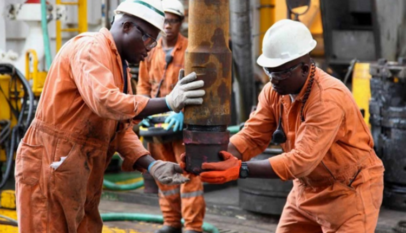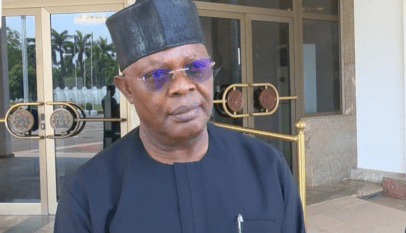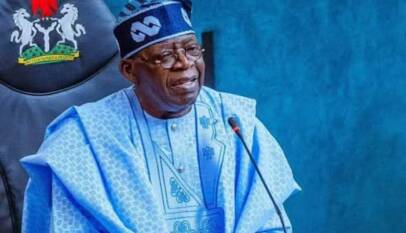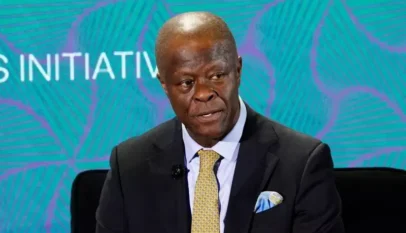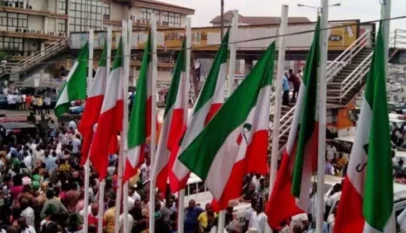
By Douglas Maha
Oil companies that have failed to start drilling operations over the past 30 years are now on the brink of losing their licenses and the assets tied to them. This is a direct result of the “drill or drop” clause embedded in the Petroleum Industry Act (PIA) 2021, which demands that dormant assets be either developed or returned to the government.
Senator Heineken Lokpobiri, Nigeria’s Minister of State for Petroleum Resources, made this point clear during a recent speech at the Cross Industry Group (CIG) Meeting in Florence, Italy, an event organized by international oil companies (IOCs) operating in Nigeria.
The Minister warned that any proactive government would revoke the licenses of idle oil wells and redistribute them to operators who are serious about development.
He urged industry players to consider collaboration—sharing resources for assets that are adjacent to each other, making farm-out deals, or relinquishing underperforming assets to companies that are prepared to invest in production. Lokpobiri emphasized that if companies aren’t willing to act, the government would have no choice but to reclaim the assets and offer them to more willing parties.
According to Lokpobiri’s spokesperson, Nneamaka Okafor, the government’s firm stance on the “drill or drop” provision is part of its broader strategy to boost the country’s oil production. “We cannot afford to let valuable resources sit unused for decades,” Lokpobiri declared. “Assets left undeveloped don’t benefit anyone—not the owners, not the country. It’s a waste.”
The Minister also encouraged operators to explore more practical approaches, such as farm-out arrangements for assets near existing infrastructure, rather than investing in costly new Floating Production Storage and Offloading (FPSO) units. By doing so, operators can reduce expenses and improve efficiency while still ramping up production.
On a larger scale, Lokpobiri called on IOCs to increase their investment in Nigeria, highlighting that the administration of President Bola Tinubu has put in place favorable fiscal policies and incentives to support the sector’s growth. While acknowledging concerns about the challenges posed by engineering, procurement, and construction (EPC) contractors, the Minister pointed out that EPCs would be more likely to engage once they see strong, strategic commitments from industry players.
“The government has created an enabling environment, including the President’s Executive Order to incentivize deepwater investments,” said Lokpobiri. “Now, it’s up to the IOCs and other operators to make the kind of strategic investment decisions that will drive production and sustainability.”
In addition, the Minister stressed the importance of supporting Nigeria’s local refining efforts, noting that new refineries will soon be operational and will need a reliable supply of crude oil. By ramping up production, Nigeria will be able to meet both local and international oil demands, which will help the country achieve energy security and economic stability.
Osagie Osunbor, Chairman of the Oil Producers Trade Section (OPTS), applauded the Minister’s candid engagement and the government’s ongoing efforts to improve the sector. “We appreciate the government’s commitment to creating a conducive investment environment,” Osunbor said. “The Minister’s message has certainly challenged us to accelerate our efforts to increase production and make the necessary investments.”
In closing, the Federal Government remains steadfast in its determination to foster a thriving oil and gas industry. However, it expects operators to match that commitment by making decisive investments that will ensure the sector’s growth, sustainability, and Nigeria’s long-term energy security.




